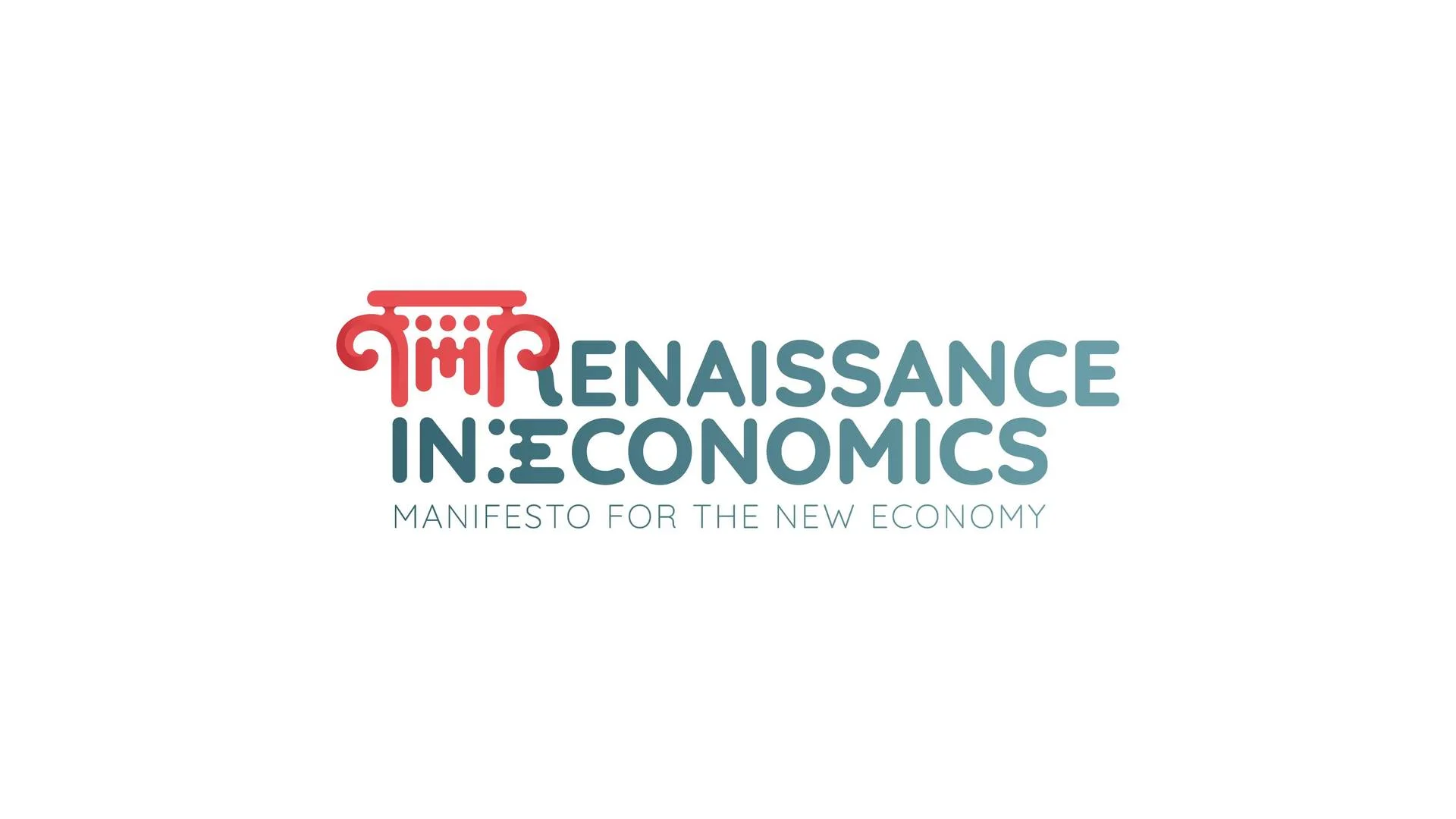-
- Career Advice Article
- Posted 7 years ago
How to Get Accepted to an Academic Conference
Everyone knows that it's important for the development of your research to attend conferences, and, if you are feeling up to it, to also present your work. Presenting at a conference, scary as it can be, allows other people in your field to comment on your work, often prompting discussion that can help you review your research's weaker parts while crystallising its stronger aspects.

-
- Study Advice Article, Career Advice Article
- Posted 7 years ago
How to Get Accepted to a Academic Conference
Everyone knows that it's important for your research and for your career to attend conferences and to present your work. Presenting at a conference lets other people in the field comment on your work to improve it, and also gives you a career boost. But how can you get your work accepted to a conference? Here are some tips on applying to conferences to give you the best chance of success.









